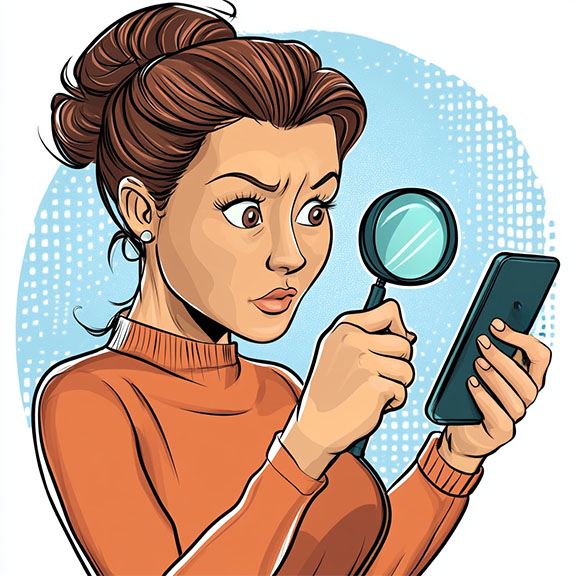
"Critical thinking is the rational assessment of a claim to determine whether you should accept it as probably true, reject it as probably false or suspend judgment."
"When a claim is worth assessing, the first step is to see if you can check it against your own observations and see if it fits them."
"In the face of misinformation and disinformation, suspending judgment is sometimes the best option."
"Fortunately, critical thinking can help even those whose medical knowledge is limited to what they saw on Grey's Anatomy."
The article emphasizes the vital role of critical thinking in navigating misinformation during pandemics. It posits that individuals must rely on their judgment to evaluate claims rather than solely deferring to authority or sensational information. Through a series of examples, such as harmful health claims circulated on social media, the author illustrates how critical thinking allows even those without medical expertise to logically analyze information. It encourages readers to look at personal observations and background knowledge to make informed choices, particularly when faced with potentially dangerous suggestions.
Read at A Philosopher's Blog
Unable to calculate read time
Collection
[
|
...
]